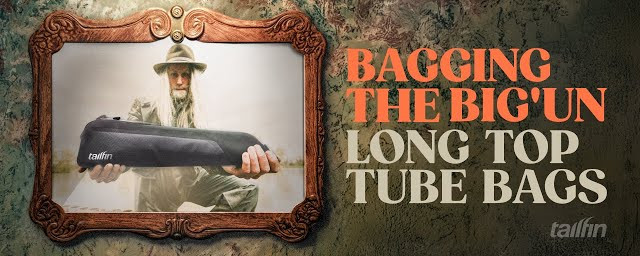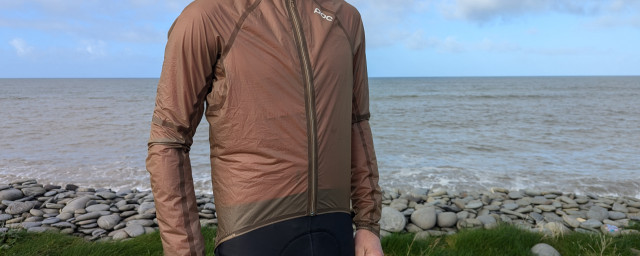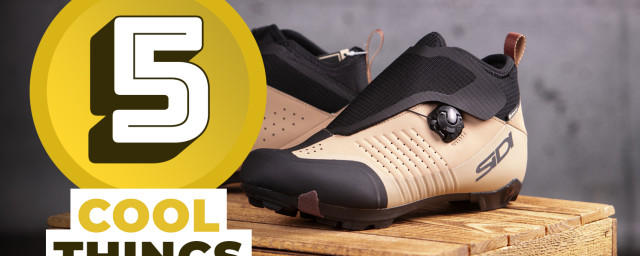Mountain Bike Icons – Faranak Partoazar
[Words by Steve Thomas, Photography by Steve Thomas, Velosolutions, Rolf Simeon]
While most of the UCI MTB World Cup race media is focussed on the super-elite band of racers that battle it out for those fine-cut top ten slots, there is often a far bigger, even more challenging, and more interesting struggle going on further down the field.
- Mountain Bike Icons – the Evie Richards story
- Mountain Bike Icons – the Kate Courtney story
- Mountain Bike Icons – the Danny MacAskill story
Over the past few years, one of the female riders in those lower ranks has been multiple Iranian XCO MTB Champion Faranak Partoazar, a 34-year-old from the city of Shiraz, who has also twice taken the bronze medal in the Asian Continental Championship XCO event.
Although she may not be scrapping it out for the top spots on the World Cup circuit, Faranak, as you can probably imagine, has faced a very different battle to make her way in cycling. Girls racing bikes, well – that’s not something we associate with the seemingly closed Islamic society of Iran, and indeed it is a rarity in real life, although Faranak has defied protocol for many years now, as she tells us.
“As a kid, I could ride my bike like everyone else. The same old story of getting an old bike from the older siblings. But the story changed as I got older. Women then were not allowed to ride bikes outside, both culturally and socially. However, I could never forget the joy of riding bikes in my childhood. I only dared to try it again when I was around 20 years old, and that was still considered illegal at the time but I could not ignore how much I enjoyed riding. And from there I started to fight every day to go on the bike.”
By the time she got hooked on the idea of racing, cycling, in general, was still no place for females in Iran.
“Surely! You can't forget how women cycling was being perceived in society in general, and also by the sports authorities - we had absolutely no place. It wasn't normal for a female to be able to ride a bike on the streets. And for those who did (compete in cycling), there wasn't support equal to men at the higher levels. There was not even a mountain bike race for women when I started.”
Standing up against tradition and cultural expectations was not easy for Faranak and, as well as part and fully funding her own travels to race internationally, until recently, she also completed her master’s degree in structural engineering – something else not expected of a female Iranian and yet her single-mindedness and the desire to change things has always driven here beyond the norm.
“I started cycling against everyone’s wishes and with one goal; I wanted to follow my own dream, even if at that time it was seen as a bad act. Many others around me didn't dare to pursue their dreams because of cultural and social expectations. It was a challenging path I chose for my life and I experienced some lows that normally no one from other countries would experience by going this way.”
Ringing the changes in
Despite the difficulties and the often Western-fuelled stigma towards Iran, male Iranian riders had been making their mark on the (Asian) international road and track racing scene for many years – when they could obtain travel visas.
“Men were already competing in international races and major events representing Iran, while we (women) had to fight to even have a small race in Iran. Since I got the chance to race, I always fought harder than men - just to get some rights and to be able to go to races. I showed progress and good results so that I could convince the sports authorities that women can be successful in sport, too.”
In Iran and other Asian countries, there is one event that carries the stature to change this cultural bias.
“I can never forget that until 2014, just going to the Asian Games as an Iranian women cyclist was just a dream. I put in so much hard work to come to the point that shows women can be part of that biggest sporting event in Asia. I have come to a point where I am now being selected for these championships even before the men are, but it was never a solo journey (there was a lot of support from family, friends – and male Iranian cyclists). Also, when you succeed you get more attention from the media, and this has a huge positive influence on society when it comes to accepting women cycling.”
Pump for Peace
Having had good experiences and relations through riding and racing in Switzerland, in 2022, Faranak earned a spot on the Pump for Peace team, an initiative to help aspiring mountain bikers from non-mainstream cycling nations make their way in the sport, and to help globalise the sport’s outlook. It was team support that support she had not experienced before and provides a system that helps her to chase her goals on the biggest stages of the sport – those of the UCI World Cup.
“I never thought that the Pump for Peace team would be racing at this level. By the end of 2021, after being a racer and traveling in Europe alone for several years, and doing everything by myself and with no support, it was getting hard to survive all the challenges and to still progress to a higher level. At first, I was looking to get on a UCI-registered team only so that I could get visas and registration for the races, and without relying on the national cycling federation. I spoke with Ariane Luthi, who was racing MTB marathons and she was so humble and compassionate and she tried and help me.”
Her calls for help sparked the attention of the Swiss MTB legend behind Velosollutions, an international trail and pump track-building company.
“Then Claudio Calouri got involved in creating this team, to help another rider and me, and then also added another rider from Lesotho, to help us race internationally. We had sponsors suddenly showing interest in our hard paths, and that’s how we got started in this team.”
Hopes and dreams for the future
“I think that inspiring others can be one of the highest and deepest influences we can have. I've always tried to do that by example, in how I push through adversities, and to hear from others (that this has inspired them) is the sweetest message.”
“Mountain biking has a lot of variables that affect on the results and that means there's always room for improvement and growth. I love challenging paths, and considering that less than five sportswomen from Iran have ever earned an Olympic spot directly. I am aiming to get an Olympic slot for Paris in 2024, and this year also to win a medal in Asian Games - for the first time in our history. I would like to prove that it’s possible to take and live a different way in life. Along with my personal journey, I am trying to help elevate Iranian cycling, and hope that I can do more in future.”







